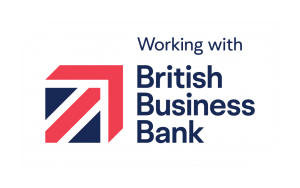Tinahely Community Sports Hall, Arklow Gerladine’s Ballymoney GAA Club and Hillside Evangelical Church are just some of the projects that have benefited from Community Finance Ireland’s €30 million investment in communities between 2016 and 2019.
The extent of their investment in communities across Ireland was detailed in the first all-island impact report launched last month. At the launch, Dónal Traynor, Associate Director of Community Finance Ireland spoke about the importance of access to social finance as communities recover from Covid-19.
“With the fallout from the pandemic, we anticipate a reduction in grant funding to the community sector generally, so- in the coming years- social finance will play an increasingly vital role in supporting grassroots community organisations and social enterprises. At the same time, Covid-19 has starkly shown the importance of community solidarity, ‘social capital’ and sustainability within communities.”
Dónal Traynor, Associate Director of Community Finance Ireland
As Ireland’s and the UK’s fastest-growing social finance provider, the organisation works with groups that drive social impact, including sports clubs, social housing organisations, community projects, faith-based groups and social enterprises.
Mr Traynor said:
“We can provide loans ranging from €30,000 up to €500,000 and our finance products are specifically tailored for the community sector. We have waived arrangement fees to make loans as accessible and cost-effective as possible, we have a quick turnaround time for lending decisions, and- given the organisations we lend to are typically run by volunteers- we do not ask for personal guarantees. There has been a default rate of just 0.75% on our loans since 2008, which is low by any standard and particularly when you consider that many of our loans are made available on an unsecured basis. This is in no small part due to the strong relationship which we have developed with communities over time.”
Dónal Traynor, Associate Director of Community Finance Ireland
